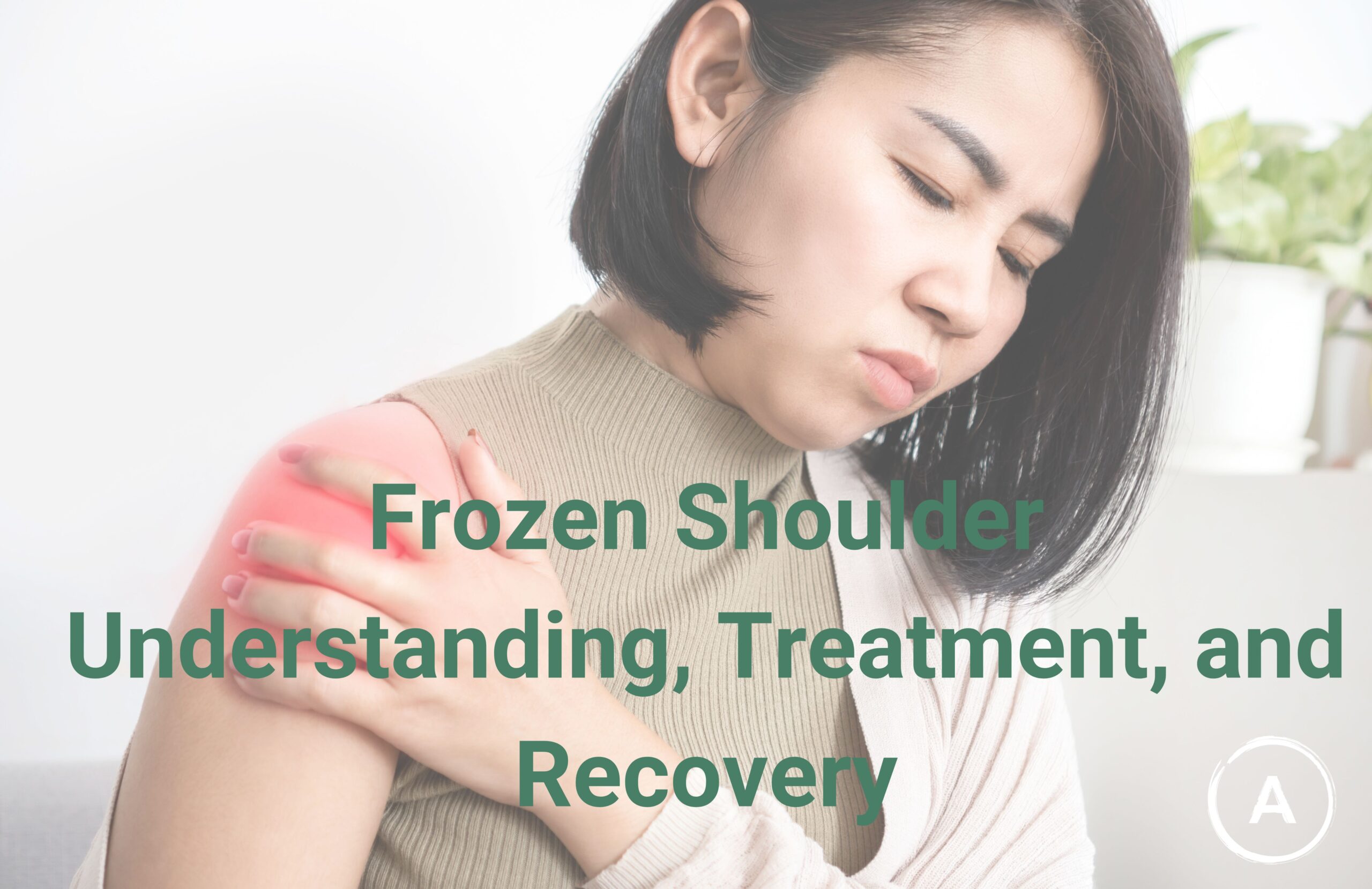
Frozen shoulder, or adhesive capsulitis, can be a frustrating and painful condition. This comprehensive guide will help you understand the condition and explore effective treatment options.
What is Frozen Shoulder? Frozen shoulder involves:
The Three Phases:
Treatment Approaches
Recovery Tips:
If you think you have a frozen shoulder, come to Auckland Physio, Parnell clinic to see one of our Physiotherapists. You can book easily online HERE or call our friendly reception team on 093664480. Alternatively, if you're not sure if Physio can help, book a Auckland Physio complimentary call.
Common Questions
Yes, Physiotherapy can be very effective in treating frozen shoulder (adhesive capsulitis). Physiotherapists use a combination of treatments to reduce pain, increase the range of motion, and improve function in the shoulder.
Common physiotherapy techniques at Auckland Physiotherapy include:
If you're dealing with frozen shoulder, it’s important to work closely with a physiotherapist who can guide you through exercises and treatments specific to your condition. It may take time, but physiotherapy can lead to significant improvement.
2. How long does it take for a Frozen Shoulder to go?
A frozen shoulder can be a slow and frustrating condition, and the recovery timeline can vary from person to person. Generally, it progresses through three stages:
1. Freezing stage (painful phase): This stage lasts 6 weeks to 9 months, where the shoulder becomes increasingly painful, especially with movement, and its range of motion starts to decrease.
2. Frozen stage (adhesive phase): This stage can last 4 to 6 months. The pain may decrease, but the shoulder becomes stiff, making it difficult to move. Function is limited.
3. Thawing stage (recovery phase): This can take anywhere from 6 months to 2 years. During this stage, the shoulder gradually regains mobility, and pain continues to decrease.
In total, recovery from a frozen shoulder can take anywhere from 1 to 3 years. Without treatment, spontaneous complete or nearly-complete recovery over a varied period of time occurs. However, with proper treatment, including physiotherapy, the recovery time can be shortened, and the condition can be managed more effectively. Regular stretching and strengthening exercises, along with professional guidance, can help speed up the recovery process and improve outcomes.
3. What causes frozen shoulder?
A Frozen Shoulder affects about 6% of the population. The exact cause is not fully understood, but it is often linked to shoulder injury, surgery, or conditions like diabetes, thyroid disorders, and heart disease. It can also occur without any apparent reason.
4. How do I know if I have a frozen shoulder?
Symptoms include pain and stiffness in the shoulder, difficulty moving the arm, especially in certain directions (like overhead or behind the back), a limited range of motion and pain sleeping on the affected side. At Auckland Physio, our expert Physio team will assess your shoulder and do a range of special tests to try and diagnose your pain. You may be asked to get an X-ray and Ultrasound to rule out any other injuries. You may also be referred to a specialist for further management.
5. Can frozen shoulder go away on its own?
Yes, but it can take a long time—sometimes up to 2 to 3 years. Treatment, like physiotherapy, can help speed up recovery and reduce pain.
6. Can physiotherapy cure frozen shoulder?
Physiotherapy can significantly help reduce pain, improve range of motion, and restore function, but full recovery can take time and may require a combination of treatments.
7. What are the risk factors for a Frozen Shoulder?
Common risk factors include age (typically 40-60 years old), diabetes, heart disease, recent shoulder surgery or injury, thyroid disorders, and prolonged immobility.
For more information, come into our clinic (close to Remuera, Newmarket and Parnell) to speak to our expert team. It is essential you first get the right diagnosis before any treatment and management occur so book in for a first appointment.


Check out our Online Store for Rehab and Health goods.


Recent Comments